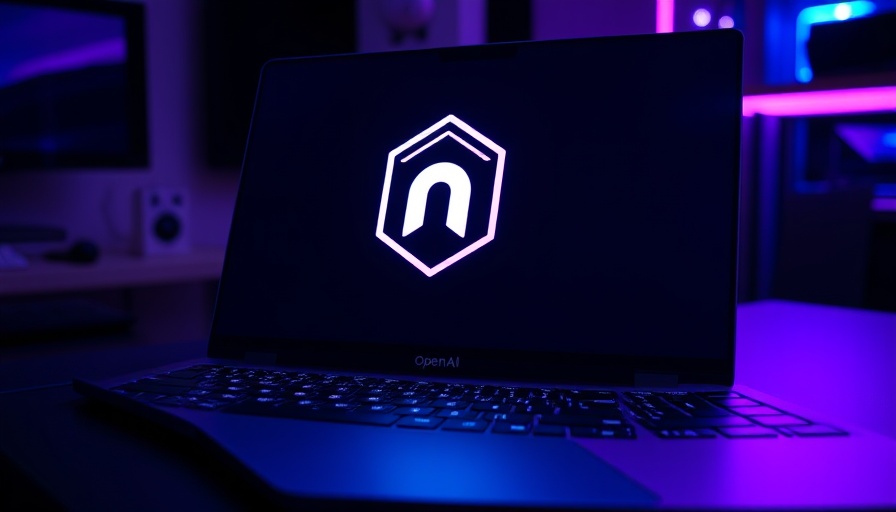
Judge Denies Musk's Bid: What Happens Next?
In a significant legal setback for Elon Musk, U.S. District Judge Yvonne Gonzalez Rogers has denied his request to block the transition of OpenAI from a nonprofit to a for-profit entity. The ruling comes amidst an ongoing feud between Musk and OpenAI’s current CEO, Sam Altman, with implications that extend beyond the courtroom into the evolving landscape of artificial intelligence (AI).
Background on the Dispute
The tensions between Musk and OpenAI trace back to its founding, where Musk was a pivotal early investor, contributing around $45 million to what was intended to be a nonprofit organization dedicated to ensuring that advanced AI serves humanity. However, as OpenAI grew, Musk's ambitions reportedly clashed with the organization's trajectory. In recent months, Musk has escalated his legal crusade against OpenAI, alleging that the company has abandoned its charitable mission in favor of excessive profit-making, undermining the principles he believes should govern AI development.
What the Court's Ruling Means for OpenAI
This ruling is a notable victory for OpenAI, signaling the court's support for the organization's shift to a profit-driven model. Judge Rogers emphasized that Musk had not demonstrated that he would likely succeed on the merits of his claims. Moreover, the court expressed readiness to expedite a trial concerning Musk's allegations due to the public interest involved. However, the judge cautioned Musk to refine his legal strategy, suggesting that a narrowed focus might facilitate a swifter resolution.
Musk's Position: A Mixed Bag
Following the ruling, Musk's legal team expressed satisfaction over the prospect of an expedited trial. Yet, Musk’s historical relationship with OpenAI complicates his claims. Emails have come to light, suggesting Musk's own designs to steer OpenAI towards a for-profit model, which his legal team now characterizes as a betrayal of fundamental values. This raises questions regarding the sincerity and timing of his current stance against OpenAI's conversion.
A Glimpse into Future AI Dynamics
The ongoing litigation is set against a broader backdrop of competition in the AI sector. As Musk develops his AI venture, xAI, questions about strategic initiatives, market fairness, and ethical considerations in tech development come to the forefront. This transformation from nonprofit to for-profit is emblematic of a larger trend in the tech industry, where rapid advancements often clash with established ethical norms, raising dilemmas on how best to balance innovation with societal good.
Public Interest and AI Regulation
As the case progresses into a trial expected later this year, the implications surrounding the regulation of AI will become increasingly significant. Judge Rogers noted the urgency of ensuring that AI developments reflect broader societal values rather than being subordinated to profit motives. This scenario hints at the potential need for regulatory frameworks that can guide AI development in ways that resonate with public interest.
The evolving landscape of AI and its governance is not only a struggle of wealth and influence but also a battle for the future trajectory of technology that could drastically change the fabric of our society.
This legal saga isn't merely about two billionaires. It underscores a reality where who controls AI development could set the precedent for how we engage with intelligent systems in the future. As a reader interested in trending AI news, staying informed about these pivotal court rulings and their ramifications is crucial for understanding the future dynamics of technology and ethics.
Call to Action
Stay engaged with the latest developments in AI law and ethics! Subscribe for updates and insights on this evolving chapter in technology, ensuring that you are aware of how these legal battles shape the future of artificial intelligence.
 Add Row
Add Row  Add
Add 




 Add Row
Add Row  Add
Add 

Write A Comment